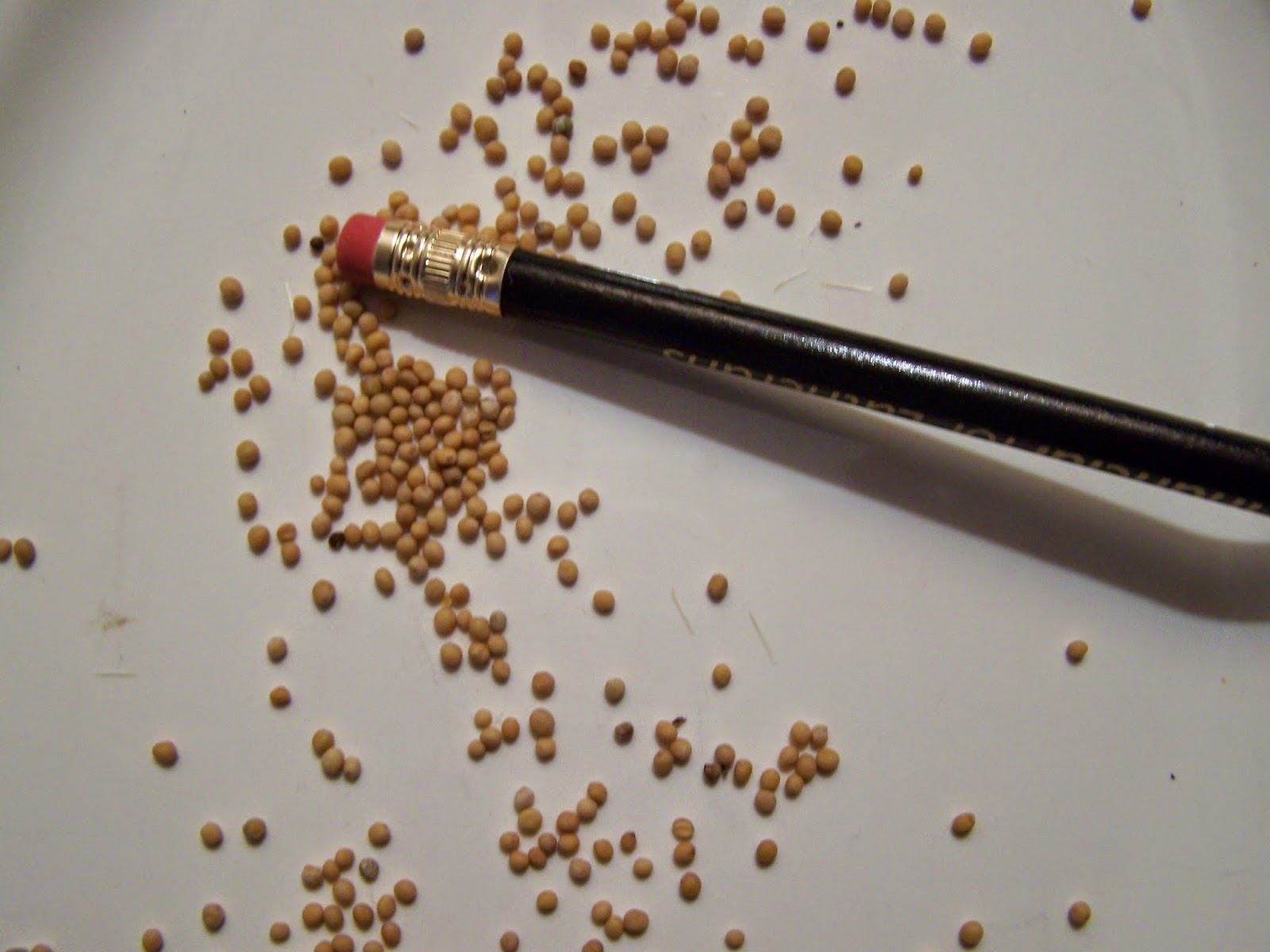As I write, I am listening to the poet Marie Howe on the NPR show
On Being. It's a rebroadcast, and I've already written about it
here. But today, different parts leap out at me.
"The church was a very important aspect of life to me — the part we can't see — the world inside the world. I was bored by the parish church we went to and I could tell that it was, uh, all too human. But I was lucky enough to go to a school — I was dragged there actually, I didn't want to go in seventh grade to the Academy of the Sacred Heart, where the nuns were so forward thinking. And it was the '60s and they were way ahead of us in terms of understanding what theology had to do with social justice, service, questioning authority. And it was there that I began to appreciate that spirituality could be rigorous. It could be imaginative. And it was an essential part of living in the physical world to through those women, really. But mostly, I love the stories of the Old Testament or what the Torah and the New Testament. And the stories are still extremely compelling to me."
"But I remember hours of on being in the bathtub reading Lives of the Saints and just be riveted by these lives. I've actually been trying to write an essay about this. And because for me, it was the only example I knew of women who were subjects of their own life, not objects, but subjects — who were choosing their own life, or looking out from their own faces who were deciding how they would live moment to moment. And there were very few examples of this around me."
"Thich Nhat Hanh, you know, whom I know you've talked to, says, you know, when you wash the dishes, wash it as if it were the baby Buddha, or the baby Jesus, you know. And, uh, well, that's what the church used to be. I mean, it used to be that we would attend these things every week that would remind us of these, you know, the sacredness of the everyday. And it's harder to find it now."
I mean there's this guy in New York. I say it's a guy. It could be a woman. Last Spring, there was somebody who was drawing on the sidewalk in blue chalk and all it said was happiness, a big happiness with a big blue arrow this way. And I would see these around and I thought this is terrific. This is really kind of wonderful. Like, happiness is this way, that way. And one day, I was waiting for my daughter and her friends to get off one bus and we were going to get on another. And there was the big blue chalk and it said happiness. And then there was a big circle drawn on the sidewalk and it said here. And everybody who walked by stood in the circle. We did too. . . . And it was like—and you stood in the circle and you felt great. Here's where it is, the
this-ness. Here it is. And we were like yay, you know. And people went by and they're like me next, you know. And, and there was a poem there. I mean that was a poem."
And here's that poem:
Hurry (by Marie Howe)
We stop at the dry cleaners and the grocery store
and the gas station and the green market and
Hurry up honey, I say, hurry,
as she runs along two or three steps behind me
her blue jacket unzipped and her socks rolled down.
Where do I want her to hurry to? To her grave?
To mine? Where one day she might stand all grown?
Today, when all the errands are finally done, I say to her,
Honey I'm sorry I keep saying Hurry —
you walk ahead of me. You be the mother.
And, Hurry up, she says, over her shoulder, looking
back at me, laughing. Hurry up now darling, she says,
hurry, hurry, taking the house keys from my hands.
"Can we ever really be seen? I think the thing of Jesus, I mean he must have been like this — and Buddha must have been and all these great enlightened ones, he must have been able to really see people, you know. And people didn't feel ashamed in front of him and in relationship to him. They didn't seem ashamed. And they're constantly screwing up. I mean all those guys were constantly screwing up."
"The unendurable happens. You know, people we love and we can't live without are going to die. We're going to die — one day are going to have to leave our children and die, you know, leave the plants, and the bunnies, and the sunlight, and the rain and all that. I mean it's unendurable. Poet — art knows that. Art holds that knowledge. All art holds the knowledge that we're both living and dying at the same time. It can hold it. And thank God it can because nothing out in the capitalistic corporate world is going to shine that back to us, but art holds it."
Go
here to read the transcript and/or to hear the interview.







































